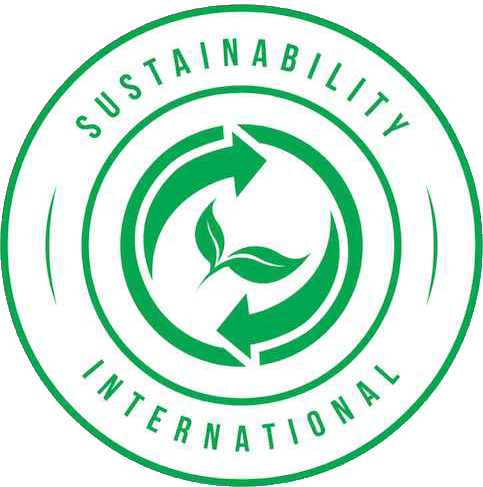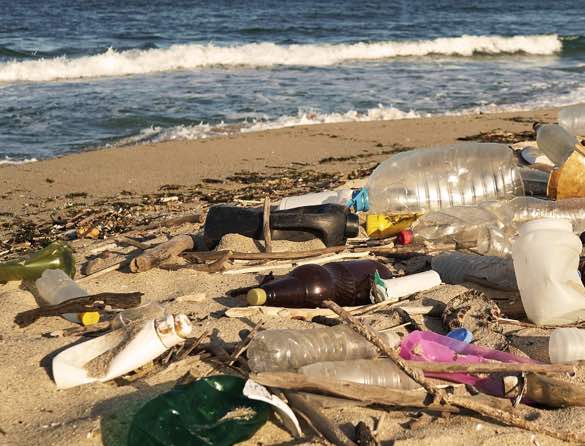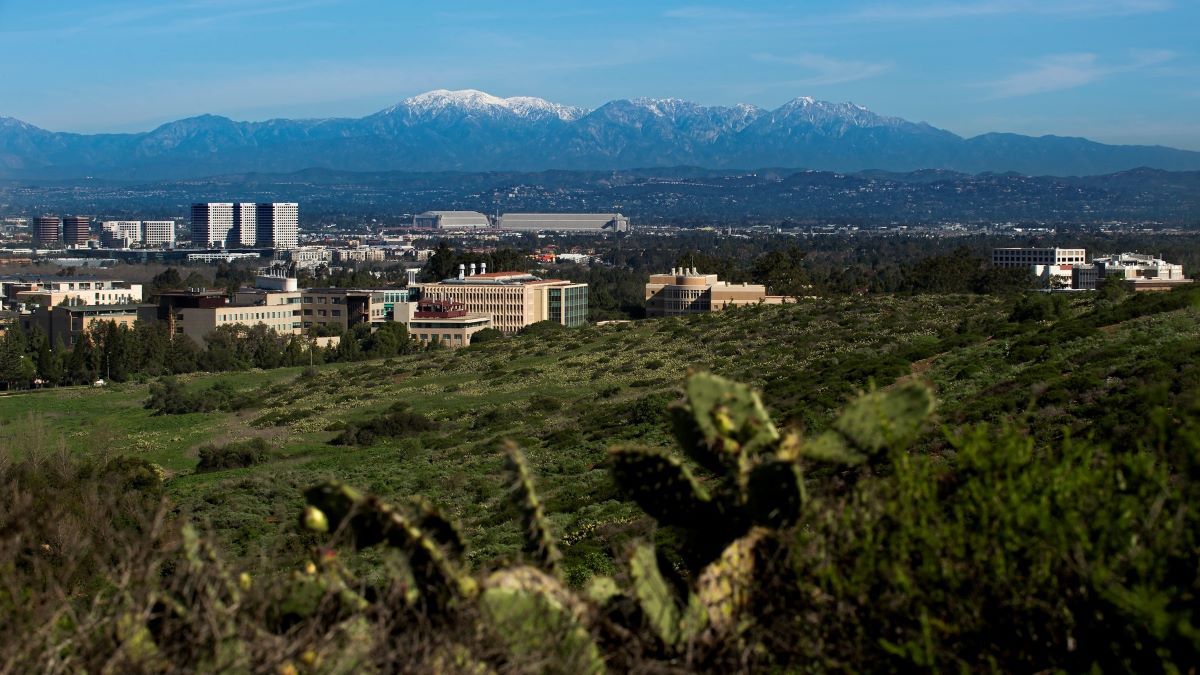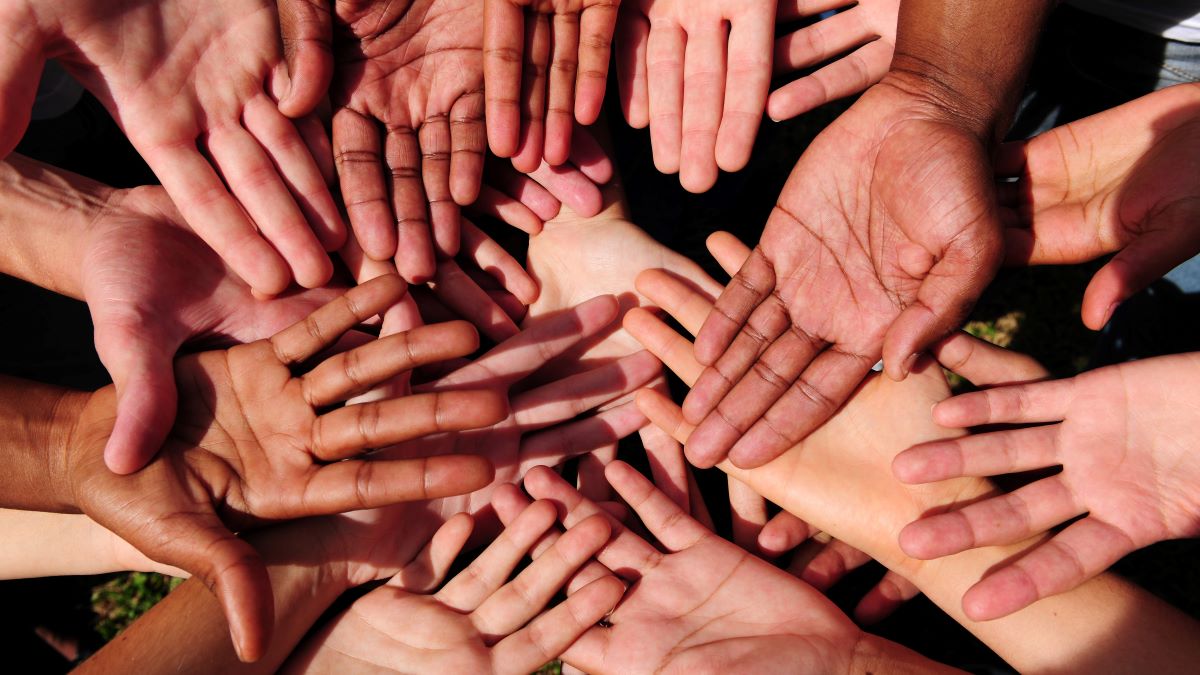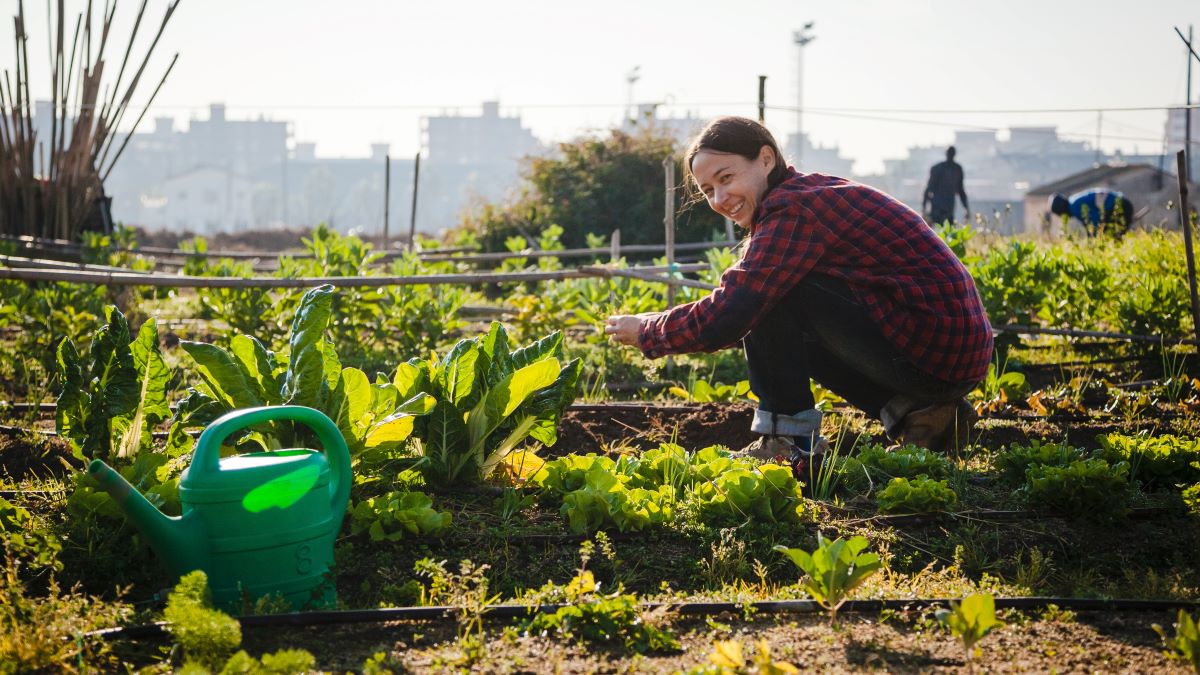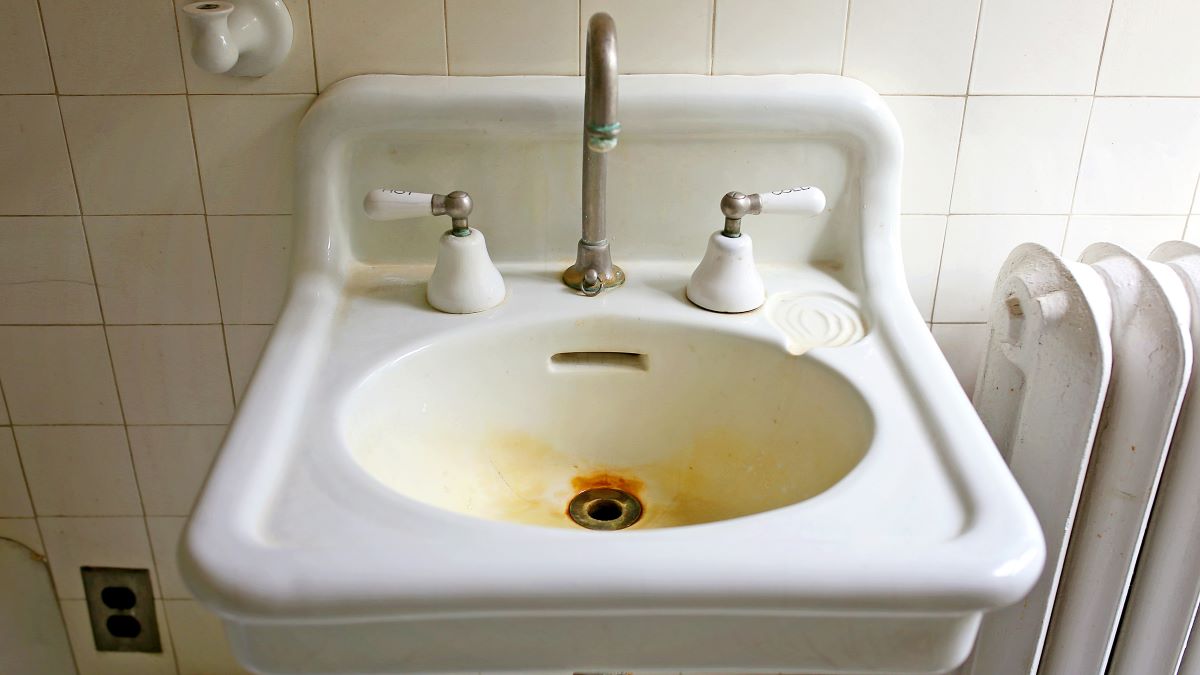In a world where plastic manufacturing is ever-increasing and single-use plastic items are the norm, it’s not surprising that plastic pollution is a major environmental issue. Instead of being the country with the highest per capita rate of plastic waste generation, the United States could become a leader in reducing plastic pollution and managing plastic waste. A federal bill, presented to Congress in March 2021, seeks to help us do that.
Plastic Pollution
Each year, more than 350 million metric tons of plastic are produced worldwide. Right at its inception, plastic creates pollution. Plastic manufacturing generates toxic emissions that dirty the air we breathe and the water we drink. It releases cancer-causing chemicals that can have a detrimental effect on human health.
A majority of the manufactured plastic ends up as litter, eventually making its way to marine ecosystems where it wreaks environmental havoc. Not only do plastics accumulate in the food chain and kill aquatic animals, but they also pose visible physical threats. More than 700 animal species end up eating or getting tangled in plastic. Victims include sea turtles, fish, and whales.

And not surprisingly, humans now have quite a bit of plastic in our bodies. According to a 2019 study, the average person ingests about 5 grams of microplastics per week (about as much plastic as a credit card) through food, water, and even the air we breathe.
Break Free From Plastic Pollution Act
The U.S. Break Free From Plastic Pollution Act of 2021 (BFFPPA) aims to address our plastic crisis. Sponsored by Senator Jeff Merkley of Oregon and Representative Alan Lowenthal of California, the BFFPPA lays out practical strategies to reduce plastic pollution and create a healthy, sustainable, and equitable future.
The bill would enact producer responsibility by requiring corporations to collect and recycle product waste and help improve our recycling and composting infrastructure. It would also create a nationwide beverage container refund program, phase out certain single-use plastic products that aren’t recyclable, stop the export of plastic waste to developing countries that can’t manage it, and much more.
Building on successful state laws throughout the United States, the BFFPPA has become the most comprehensive set of policy solutions to the plastic pollution crisis introduced in Congress. And so far, more than 2,000 groups and 10,000 individuals have stood behind it.
The act’s supporters are banding together to create and support these policies that will change the plastic supply chain for the good of the environment. The goal is to build a movement against plastic pollution. Legislation that fights petrochemicals, pushes for corporate accountability, promotes systemic solutions, and builds zero-waste communities will help get us there.
How To Get Involved
Supporting the mission of the BFFPPA doesn’t only come from larger environmental groups. Individuals and smaller groups are encouraged to get involved, too. Let’s go over some options for how you can help.
Join the Movement
Join the global movement against plastic pollution by signing up on the Break Free From Plastic website. Signing up will give you access to valuable BFFP resources to learn more about the vision behind the movement. You can also join organized plastic-fighting campaigns or activities (virtually or locally) or even start your own.
After you sign up to join the movement, you will be able to connect and collaborate with other green-minded BFFP members from around the world. You’ll also be able to easily keep up with the latest news surrounding plastics by subscribing to BFFP newsletters.
Reduce Plastic Use
The whole point of the BFFPPA is to change the world’s relationship with plastics. Individually, you can help by reducing your own personal plastic consumption. You can accomplish this in a number of ways, including:
- Avoid single-use plastics
- Check if an item’s packaging is recyclable before purchasing it
- Opt for products made from recycled rather than virgin plastic
- Bring reusable bags when shopping
- Shop local (local products typically use less plastic packaging)
Contact Lawmakers
Contact your representatives and ask them to support the Break Free From Pollution Act. Take it a step further and contact other local lawmakers to make them aware of the BFFPA. Write to your governor, state representative, or mayor to ask them to implement zero waste policies and systems, like a ban on plastic bags. You can also create petitions in support of eco-friendly legislation and circulate them throughout your community.
Share the Plastic-Free Message
Perhaps the easiest way to support this movement is to share it. Whether you have a huge social media platform or a small offline friend group, you can help others understand the importance of this plastic-free movement. Share the BFFP website and other plastic-related resources with them and try explaining why you care about the movement. Download the BFFPPA social media toolkit for wording and images to help explain the problem and how we can help. You can even host a screening of The Story of Plastic, a documentary about plastic pollution and the truth behind plastic recycling.
The post Can We Break Free From Plastic Pollution? appeared first on Earth911.
